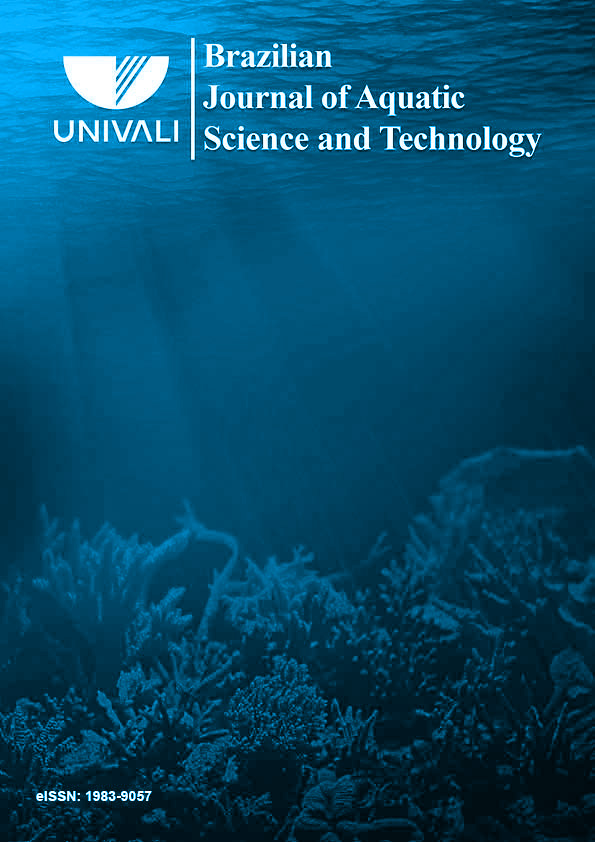Análise de processos de licenciamento ambiental de empreendimentos de carcinicultura no estado da Bahia, Brasil.
DOI:
https://doi.org/10.14210/bjast.v23n1.13439Abstract
The shrimp farming has undergone a great expansion in recent years, in which the State of Bahia has been playing an important role in the national context. This expansion has generated many benefits but also major concerns about its increasing environmental impacts. Considering the potential of the Environmental Licensing (EL) to induce necessary measures to achieve the sustainability requirements, this research was developed with the objective of analyzing the execution of the EL of shrimp farming in the State of Bahia and its contributions to the sustainable development. In this purpose, 15 EL's processes required in the State of Bahia were analyzed, aiming to evaluate the practices of assessment of the competent agencies and their contributions to the insertion of the objectives of sustainability in the EL of the activity. Because the available processes referred to regularization licenses, the analysis of the preventive character of the EL was impaired. The results suggest that the Technical Opinions emphasize the aspects related to the effects of the activity on the environment, which demonstrates an analysis behavior of the environmental agency based on corrective actions. The social aspects were, in general, the most neglected, in the Technical Opinions analyzed. The analysis of the required conditions in the issued also suggests a significant deficiency, reinforcing the need for important information and conditions to be required before the release of the licenses to ensure compliance. While recent legal regulations about the EL of the sector have brought some breakthroughs in addressing sustainability, their implications have not yet been sufficient to reverse the current scenario.
Downloads
Published
Issue
Section
License
Authors who publish with this journal agree to the following terms:
1. Authors retain copyright and grant the journal right of first publication with the work simultaneously licensed under a Creative Commons Attribution License that allows others to share the work with an acknowledgement of the work's authorship and initial publication in this journal.
2. Authors are able to enter into separate, additional contractual arrangements for the non-exclusive distribution of the journal's published version of the work (e.g., post it to an institutional repository or publish it in a book), with an acknowledgement of its initial publication in this journal.
3. Authors are permitted and encouraged to post their work online (e.g., in institutional repositories or on their website) prior to and during the submission process, as it can lead to productive exchanges, as well as earlier and greater citation of published work (See The Effect of Open Access).

